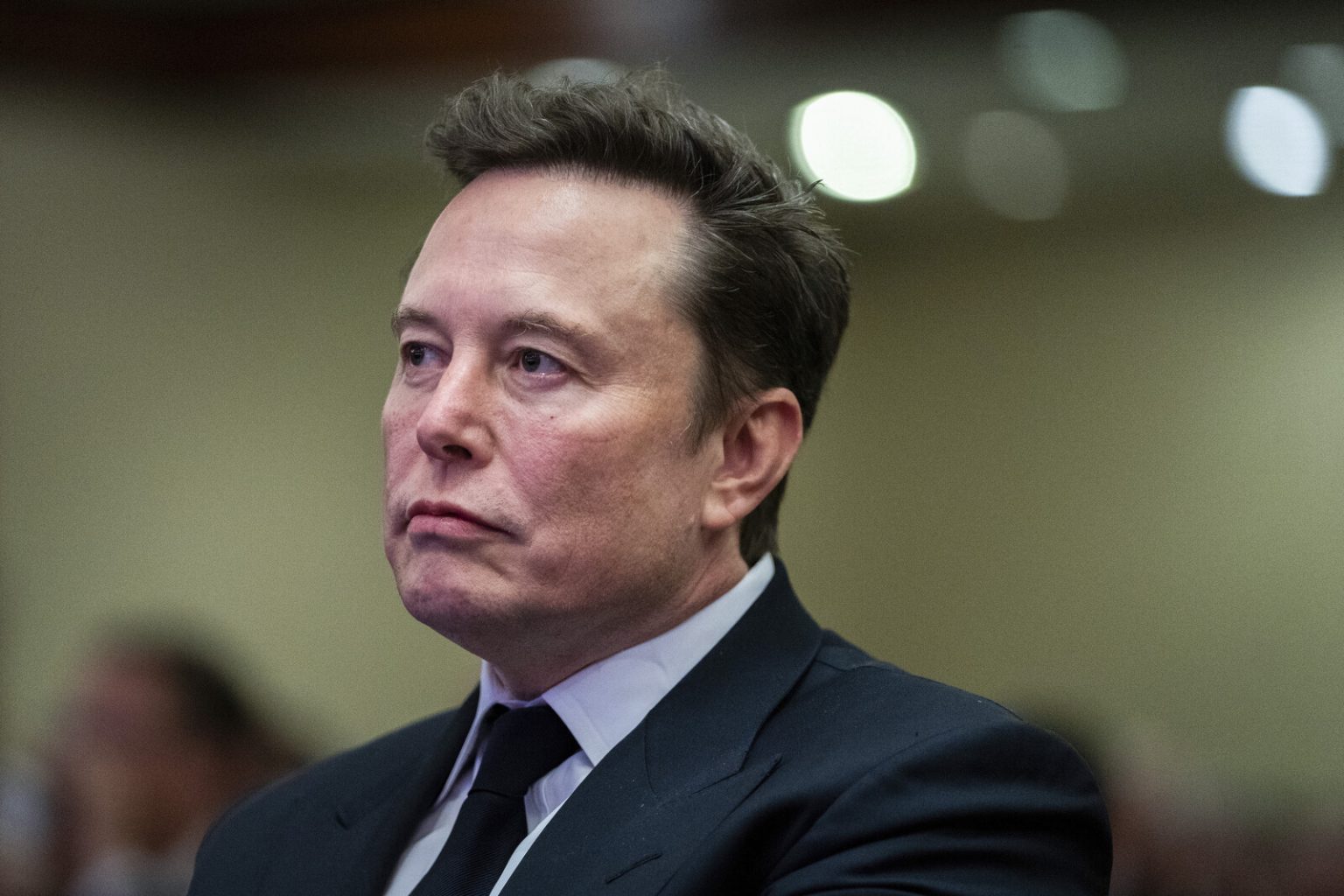Elon Musk’s financial trajectory has been a rollercoaster, marked by both dramatic declines and meteoric rises. His recent ascent to the pinnacle of global wealth, surpassing the $400 billion mark, is primarily attributed to a substantial share sale in his privately held space exploration company, SpaceX. This transaction alone injected approximately $50 billion into his personal fortune, propelling it to an estimated $439 billion, or a staggering 4,800 billion Swedish kronor. This monumental leap underscores the immense value investors place on SpaceX’s innovative ventures in space technology and its potential for future growth. The sale also highlights the intertwined nature of Musk’s various enterprises, with SpaceX’s success directly impacting his overall wealth.
The recent surge in Musk’s net worth represents a remarkable turnaround from his financial position at the close of 2022. During that period, he experienced a significant downturn, witnessing his wealth plummet by over $200 billion. This decline was likely influenced by a confluence of factors, including fluctuations in Tesla’s stock price, broader market volatility, and perhaps even concerns surrounding his acquisition of Twitter. The stark contrast between the end-of-year slump and the subsequent surge illustrates the inherent volatility of wealth tied to high-growth, technology-driven ventures. Musk’s financial journey serves as a prime example of the rapid and often unpredictable shifts that can occur in the realm of high-stakes entrepreneurship.
A key catalyst for the dramatic rebound in Musk’s fortunes appears to be linked to Donald Trump’s victory in the US presidential election. Market anticipation of Trump’s policies, particularly those related to the automotive industry, has fueled a significant rally in Tesla’s stock price. Since the pre-election period, Tesla shares have surged by approximately 65%, reflecting investor optimism about the potential benefits of a Trump presidency for the electric vehicle manufacturer. This surge directly contributes to Musk’s increased wealth, as he holds a substantial ownership stake in Tesla.
The market’s positive reaction to Trump’s victory stems from expectations that his administration will prioritize policies that accelerate the adoption of self-driving technology. Such policies could create a more favorable regulatory environment for Tesla’s autonomous driving ambitions, potentially giving the company a competitive edge in the rapidly evolving self-driving car market. Investors are betting that streamlined regulations and government support for autonomous vehicles will translate into increased demand and market share for Tesla.
Furthermore, market speculation suggests that Trump’s policies may also target existing tax breaks that currently benefit Tesla’s competitors in the automotive industry. The removal or reduction of these tax incentives could level the playing field, making Tesla’s electric vehicles more price-competitive compared to traditional gasoline-powered cars and even other electric vehicle manufacturers who currently benefit from these incentives. This potential shift in the competitive landscape has further bolstered investor confidence in Tesla’s future prospects, contributing to the recent surge in its stock price.
In summary, Elon Musk’s dramatic resurgence in wealth, culminating in his historic achievement of exceeding $400 billion, is a complex interplay of several factors. The substantial SpaceX share sale provided a significant immediate boost, while the positive market response to Donald Trump’s election victory, driven by anticipated policy changes favoring Tesla, amplified this growth. The market’s expectation of accelerated self-driving car adoption and the potential removal of competitor tax breaks has fueled investor optimism, propelling Tesla’s stock price and, consequently, Musk’s net worth to unprecedented levels. However, it’s important to acknowledge the inherent volatility associated with such wealth tied to market fluctuations and political landscapes, reminding us that the financial landscape can shift rapidly and unpredictably.














